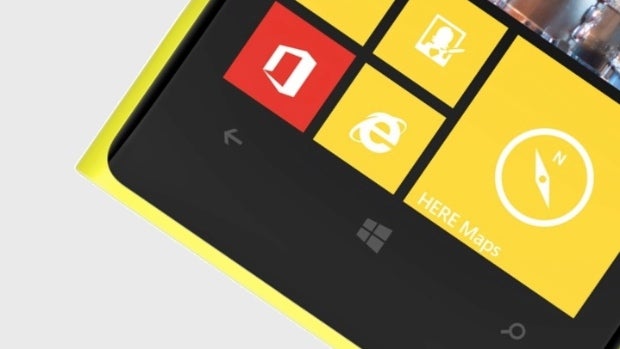Bill Gates confesses his greatest mistake – and no, it’s not Windows Vista

Microsoft founder and former CEO and chairman Bill Gates has admitted what he regards to be his greatest mistake in an interview with Eventbrite CEO Julia Hartz.
Speaking at an event organised by venture capital group Village Global, Gates confessed that failing to beat Android and claim the company’s “natural” spot as competitor to Apple in the mobile market, has been the biggest failure of Microsoft.
Gates also appeared to admit some blame for the company’s failure to capitalise not only on the lead Microsoft already enjoyed in mobile – remember that Windows Mobile was around seven years before the first iPhone landed – but on the immediate absence of there being a strong alternative to Apple’s new mobile OS, which placed an emphasis on touchscreen navigation rather than keys.
Related: Best Android phones
“…in the software world, in particular for platforms – these are winner takes all markets,” Gates said. “So, y’know, the greatest mistake ever is the… whatever mismanagement I engaged in that caused Microsoft not to be what Android is, that is, Android is the standard non-Apple phone form platform. That was a natural thing for Microsoft to win.”
Gates isn’t the first former Microsoft exec to say that failing to build a compelling alternative to Apple’s iPhones was a key failing. Former CEO Steve Ballmer admitted as much to Bloomberg back in 2016.
Once close friends, Gates and Ballmer have reportedly drifted apart in recent years. The main source of their falling out? According to Ballmer, Microsoft’s reticence to push into the mobile market.
Just over a year after the first iPhone landed, Google’s Android entered the market, with just one phone, the HTC Dream, running it.
Despite several phones already running Windows Phone software, it was Android that would go on to become the ‘Windows of phones’, and be licensed to several vendors, like Samsung, Sony, and Huawei (though maybe not for long).
Related: Huawei’s Hongmeng OS
Microsoft was able to successfully reconfigure its Windows Mobile OS for the touchscreen era, but crucially, the company just couldn’t get enough app developers onside, something which Gates, says was the biggest nail in the coffin:
“If you’re there with half as many apps or 90% as many apps, you’re on your way to complete doom. There’s room for exactly one non-Apple operating system, and that – what’s that worth? $400 billion that would be, you know, transferred from company G [Google] to company M [Microsoft].”
In 2017, Microsoft’s devices CVP Joe Belfiore announced that the platform was basically over – no new updates, besides security patches and bug fixes would be issued.
Overall, Gates seemed sanguine, pointing to the company’s other successes: “…it’s amazing to me, having made one of the greatest mistakes of all time – and there was this antitrust lawsuit and various things that, you know, our other assets, Windows, Office, are still very strong. So we are a leading company. If we got that one right, we would be the leading company. But oh well.”
Then again, according to Forbes, Gates is valued at over $100bn, so he can literally afford to cheery.
The comments on about Android and Windows Phone begin around the 11:20 mark – elsewhere in the interview, Gates talked with Hartz about a number of things, poverty in the United States, globalism, and how AI might disrupt the current Google-Amazon-Facebook triopoly.


